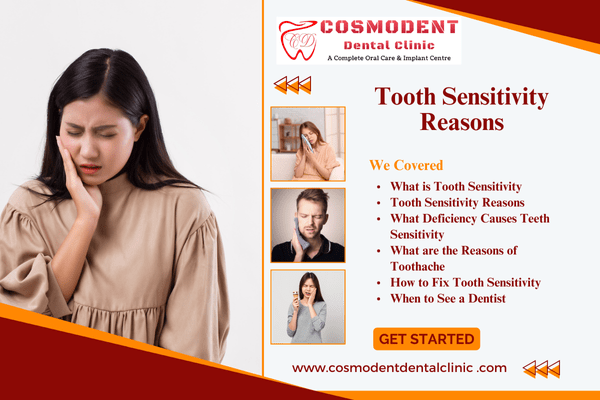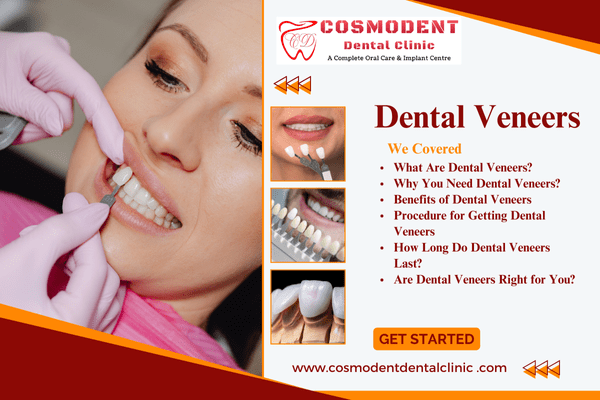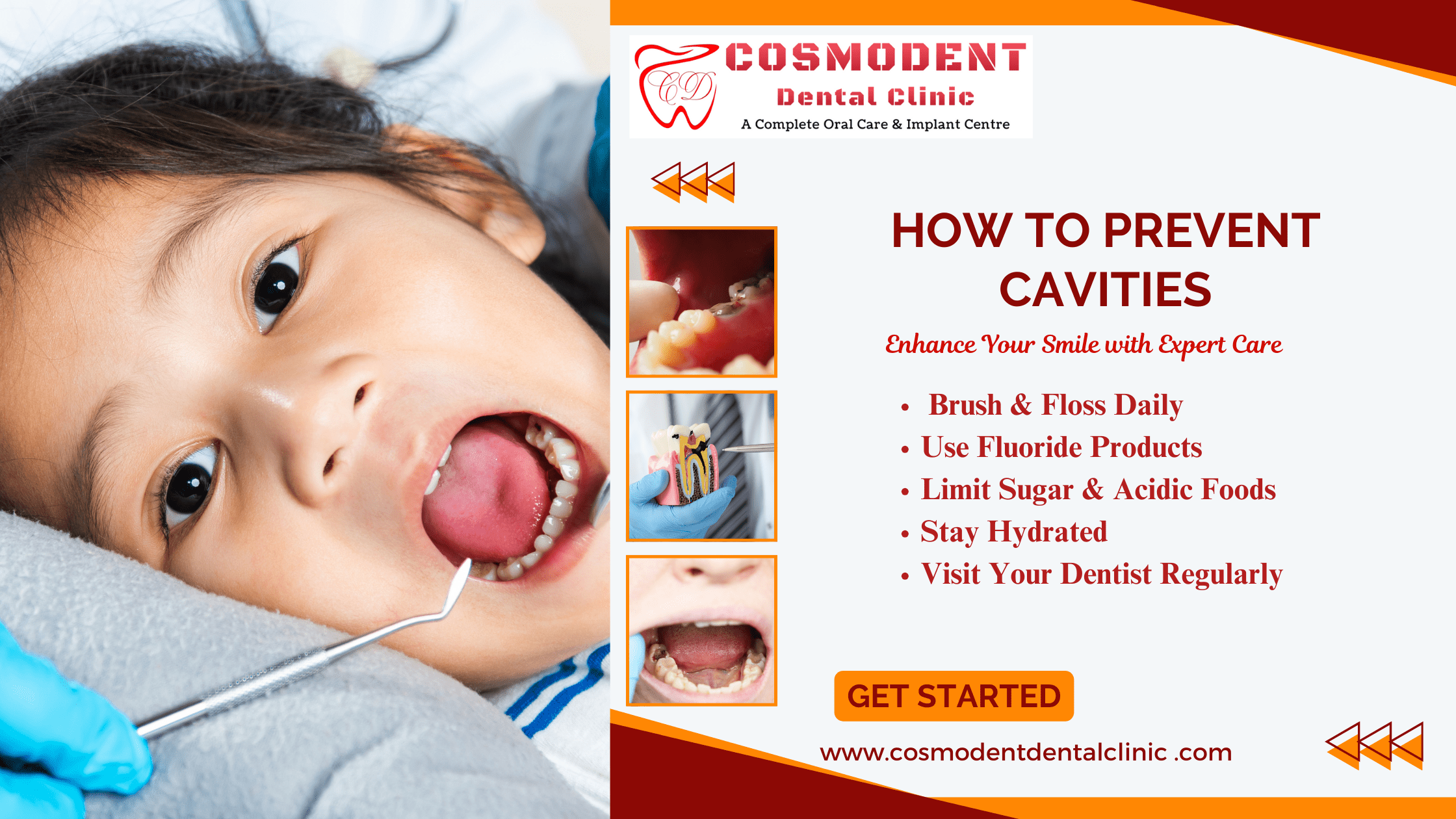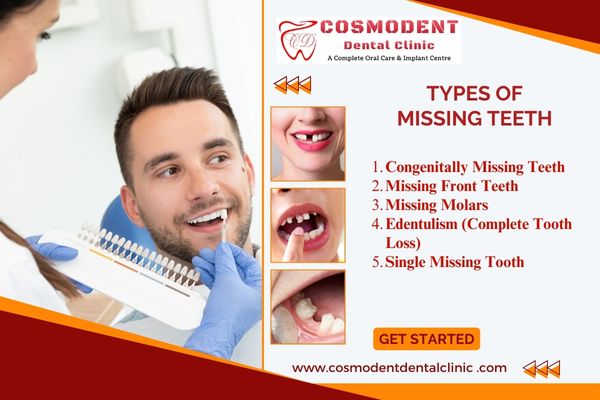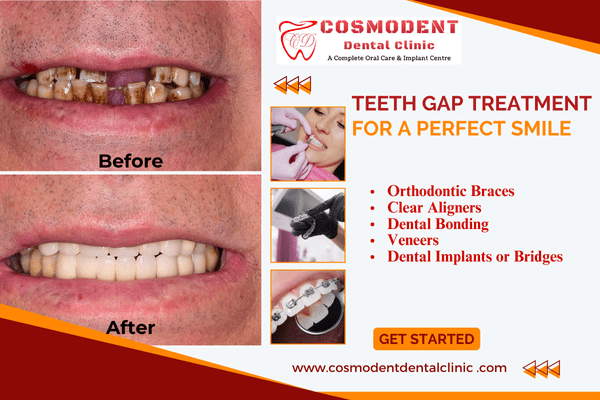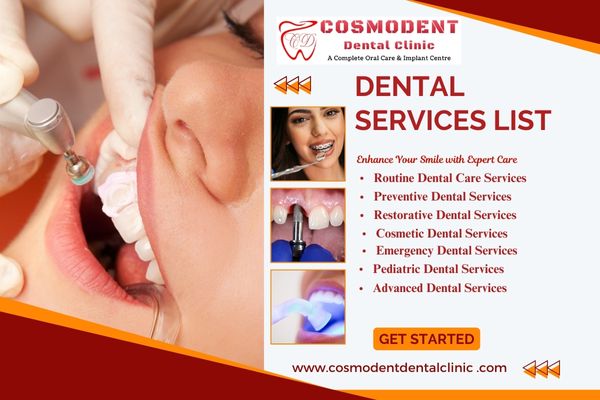Introduction:
Are you experiencing horrible gum issues that just won’t go away? Periodontal disease can be a real pain in the mouth, but fear not! Periodontic surgery may be just the solution you’ve been looking for! In this comprehensive guide, we will explore the world of periodontic surgeries and explore how they can benefit your oral health in more ways than one. So, sit back, relax, and let’s leave this journey together for a healthy mouthful!
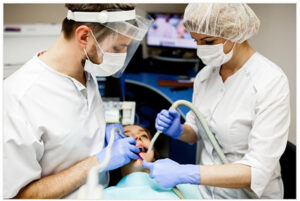
Understanding periodontal disease
Periodontal disease, also known as gum disease, is a common oral health issue that affects the mouth and surrounding structures. It starts with plaque—sticky bacteria—that builds up on the teeth. If not removed through proper dental hygiene, such as brushing and flossing, this plaque can harden into tartar, resulting in gingivitis
As gum disease progresses, gums can become red, swollen, tender, bleed during brushing or flossing, and even, in severe cases, cause tooth decay During a bacterial infection, the solution releases toxins that irritate the gums and stimulate the immune system.
If left untreated, periodontitis can progress to a more severe stage, affecting the supporting structures of the teeth such as bones, gums, etc. This can lead to weakening of the teeth and eventual loss of gums as dentures if not dealt with promptly by a specialist. Periodontic surgery is often recommended to restore oral health and prevent further damage.
The Importance of Periodontic Surgeries
Healthy gums are the foundation for a beautiful smile and overall well-being. Orthodontic surgeries play an important role in preserving oral health and preventing serious oral health issues. By addressing gum disease at its root, these surgeries help restore your teeth to health and protect your teeth from further decay.
Periodontal surgeries can treat very advanced stages of periodontal disease, where non-surgical treatment may not be adequate. These procedures aim to kill harmful bacteria, reduce inflammation, and promote tissue regeneration to promote optimal oral health.
Neglecting the importance of oral surgery can exacerbate gum disease, leading to tooth decay and other systemic health complications. By performing these surgeries, when necessary, they can improve their oral hygiene regimen and maintain oral health for many years to come.
Types of Periodontic Surgeries
- Periodontic surgery includes procedures aimed at treating gum disease and improving oral health. One of the most common types of surgery is flap surgery, in which the tartar is raised deep beneath the pelvis to allow access. Another option is the use of bone grafts to regenerate bone tissue lost due to arthritis. Dental implants are made to cover exposed tooth roots and reduce sensitivity.
- In extra-severe instances, pocket-discount surgical treatment can be vital to spoil bacteria in the deep pocket around the teeth. In a few cases, smooth tissue implants can help restore a retracted spine for both aesthetics and function. Laser therapy is also gaining reputation due to its accuracy in focusing on infected regions, reducing soreness at some point in the surgical operation.
- Each orthodontic surgical procedure has particular benefits designed to address one-of-a-kind components of gum disease and enhance normal oral fitness. It is vital to consult with a dentist who can suggest the most appropriate remedy plan based totally on character desires and the severity of the condition.
Preparing for Periodontic Surgeries
Preparing for periodontic surgery is crucial for ensuring a successful outcome. Your dentist will offer unique commands on the steps you need to take prior to your surgical operation. Follow those guidelines cautiously to optimise your chances of recuperation.
Be positive and speak to your dentist about any medicines you are presently taking before your method, as some can also need to be adjusted earlier than your process. Planning transportation at home after a surgical procedure is also important, as you may not have power due to sedation or soreness.
In addition, eat snacks and beverages beforehand, as it may be uncomfortable to eat after a surgical procedure. Prepare your healing at home with new pillows for consolation and rest. Prepare yourself mentally by fully knowing the procedure and discussing any concerns with your health care company.
By diligently following those coaching steps, you could set yourself up for an exciting and successful neurosurgical experience.
Recovery and Aftercare
After undergoing periodontic surgeries, recovery and aftercare are crucial aspects of the healing process.
It is common to have some discomfort, swelling, and bleeding after the surgery. Your dentist will provide detailed instructions on how best to manage these symptoms.
Following your dentist’s oral hygiene instructions exactly in the first few days after surgery is important. This includes using a special solution or avoiding certain foods that may irritate the surgical site.
Be sure to attend all follow-up appointments as scheduled so your dentist can monitor your progress and address any concerns immediately.
Engaging in gentle activities and getting enough rest will help you recover properly. Avoid strenuous exercises or activities that may irritate the surgical site.
By diligently following your dentist’s recommendations and implementing the best oral hygiene techniques, you can promote optimal treatment and achieve successful results from your dental surgery
Long-term Benefits of Periodontic Surgeries
The long-term benefits of periodontic surgeries go beyond just immediately improving oral health. By addressing underlying issues such as gum disease and bone loss, these surgeries can help prevent further damage to your teeth and gums over time.
Maintaining good oral hygiene habits after surgery can ensure long-lasting results. With proper care, you can achieve healthy gums, reduce your risk of tooth decay, and improve your overall health for years to come.
Cosmetic dentistry also enables you to improve your look by restoring the form and look of your smile. This growth in self-belief will have a fantastic impact on diverse elements of your lifestyle, from private relationships to career opportunities.
Conclusion:
Periodontic surgery offers a whole lot of advantages for individuals with intense gum ailments. These techniques can assist in repairing oral fitness, save you further harm to your teeth and gums, and improve your standard of living. By understanding the significance of periodontal surgery, proper coaching for surgical operation, suitable recovery commands, and commitment to lengthy-term dental care, patients can attain its lasting consequences and better oral health when thinking about surgical operation. So, no need to worry; we are here with the best periodontic surgery service. Consult with our experts to discuss satisfactory treatment options for your particular needs.

